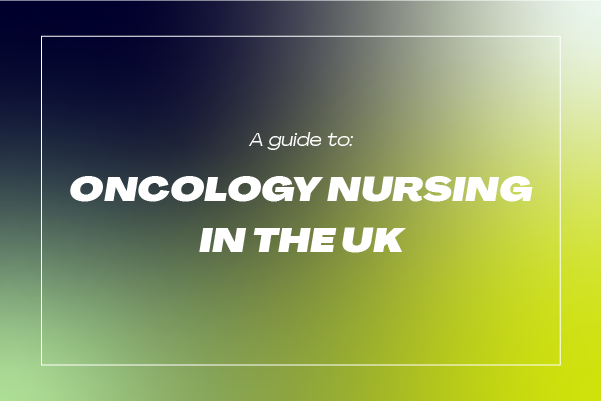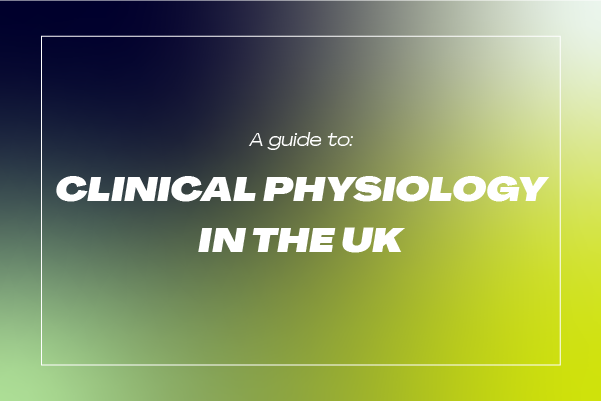By Rachel Lamb . 04/10/2018 · 10 Minute read
Medical school opens the doors to a wide range of opportunities – more than people may realise. If you’re looking to do a medical degree or have just completed a medical course, you are far from limited in terms of the jobs that you can do. Medical careers come in all shapes and sizes, not just within a hospital or surgery.
When you’ve spent four-plus years working hard on a medical course, you want to make the most of the knowledge you’ve built up, whether you choose to stay in the field and go on to become a specialist or GP, or you transfer the skills you’ve gained to another professional area, such as journalism or photography.
Starting Your Medical Degree
There are multiple routes that people can take into medicine. Some begin by studying medical sciences before heading into a degree in medicine, and others choose to go straight to Standard Entry Medicine if they meet the entry requirements. A bachelor’s degree in medicine typically takes five years, but it can be six in some institutions.
If you’re considering Graduate Entry Medicine, which means you’ve obtained a degree beforehand in the likes of biomedical science, the course will usually take four years.
For information on entry requirements and all the routes into medicine, click here.
After Graduation
Once graduated, medical graduates go onto their foundation years: Foundation Year 1 (FY1), when you have a provisional GMC (General Medical Council) registration, and Foundation Year 2 (FY2), when you are fully registered.
The next step is to decide whether you want to do the general practice vocational training programme, which takes three years, or specialise, which typically takes 5-8 years.
The Medical Schools Council has a great chart showing the progression after medical school.

New Ways to Use Your Medical Degree
Some medical students decide not to go onto becoming GPs or consultants – there are also those who don’t finish their degree. Wherever you find yourself, there are endless medical jobs for you to choose from that will put your clinical skills and knowledge to use.
Medical Journalist
It’s much easier writing about something when you have a good understanding of it, so if you have a natural flair for writing, perhaps a career in medical writing, reporting or journalism is for you.
Medical Researcher
Do you have fun investigating, monitoring and researching things more than putting them into practice? Many do, and this is a crucial part of medicine.
Medical Law
This route obviously involves more studying and can be somewhat competitive, but is worth it if you can get in. Law may appeal to people trained in medicine as it is still intellectual, requires good communication skills and requires an ability to absorb and take in lots of information – again something that’s much easier if you have a thorough understanding of the subject.
Clinical Photographer
Maybe you have an interest in photography? Why not combine your passion for medicine and the inner workings of the body with your love for the camera?
Maybe It’s a Change of Setting You’re Looking For…
Sometimes the way we feel about our work is dependant on the setting and the people we work with. Perhaps a busy UK hospital ward isn’t for you, but you might fancy one of the options below before throwing in the towel completely.
Prison Health Service
If you’re looking for a different type of challenge, maybe a career in the prison sector is what you need. This is primary care for the most part, but other specialities such as mental health can be very useful.
Work Abroad
Take your career overseas and explore how other countries work – who knows, you might be more suited to the healthcare system elsewhere! Places like Australia and New Zealand are a popular choice or maybe you would like to work somewhere less developed.
Did you know that we have an International Team who specialise in moving healthcare professionals overseas?
Locum Doctor Jobs
Working as a locum is the perfect way to ‘try before you buy’ in the world of medicine, whether it’s looking for the right ward, hospital, town or team that you click with, and Your World has a plethora of locum jobs for doctors.

There are even more options for medical students than we have listed here (head to the Health Careers website), so don’t feel that you are putting all your eggs in one basket by choosing to study medicine, or that you’ve wasted your time by practising and then changing your mind. There’s a world of medical jobs waiting for you!
We think you will also like…
Everything you need to know about being a newly graduated Biomedical Scientist









